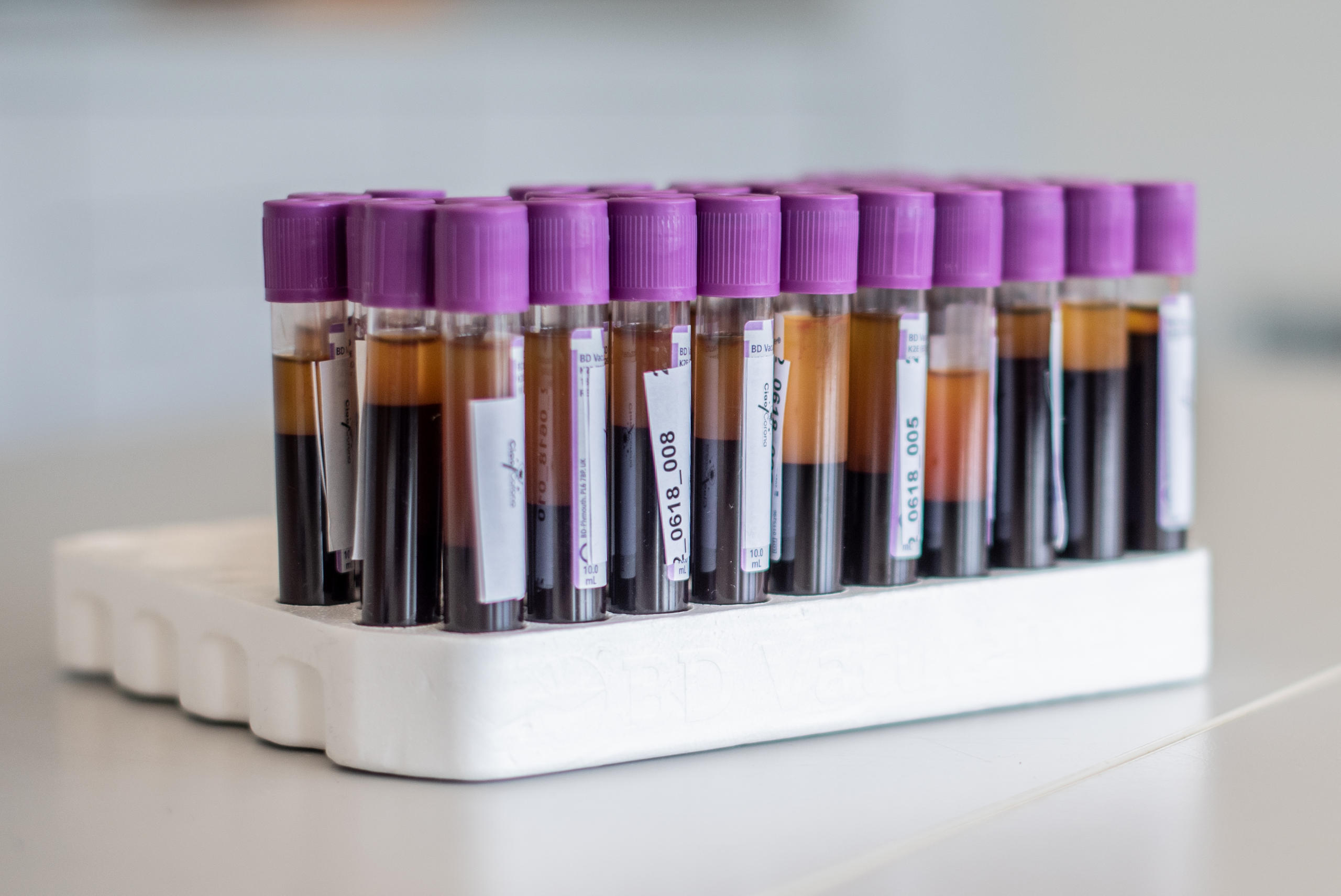
Zurich study: one in five pupils had corona

Around 20% of pupils in Canton Zurich have had the coronavirus, preliminary results of an antibody study have found.
This is the third time that the University of Zurich (UZH) has tested 2,500 schoolchildren across the canton as part of its Ciao Corona project. The finalized results from this phase will be officially published in three weeks’ time.
Meanwhile, preliminary findings from March-April 2021 testing, show that 19% of children had antibodies for the coronavirus, which meant that they had undergone an infection. In June 2020, the first test phase, the number was just 2%.
The children’s’ infection rate was similar to that of the parents and staff tested as part of the project. There was not much difference across the age groups, the study found, although the 12+ plus age group was in general less affected.
Around a third of the infected children and young people – aged 7-17 across 55 schools – did not present any symptoms during their illness.
Clustering in schools (three or more infections in a class) also rose during this time and was roughly proportional to the higher number of infections, a statement in German said. “It still needs to be investigated whether the infections took place at the same time or one after the other,” it added.
Antibodies remaining
80% of pupils tested still had corona antibodies at least six months after infection. This is again similar to what has been recorded among the adults.
The project also assessed symptoms that were similar to Long-Covid, the term coined to explain the aftereffects of a corona infection. In all, 2% of pupils said they had presented these types of symptoms, which included tiredness and the need for more sleep.
In May 2020, Switzerland’s compulsory schools reopened their doors after an eight-week national lockdown to stop the spread of the virus. They have stayed open this school year as well, under strict hygiene measures.
Schools in Germany, the United Kingdom and Italy, for example, have been closed for longer periodsExternal link during this time.

In compliance with the JTI standards
More: SWI swissinfo.ch certified by the Journalism Trust Initiative




























You can find an overview of ongoing debates with our journalists here . Please join us!
If you want to start a conversation about a topic raised in this article or want to report factual errors, email us at english@swissinfo.ch.